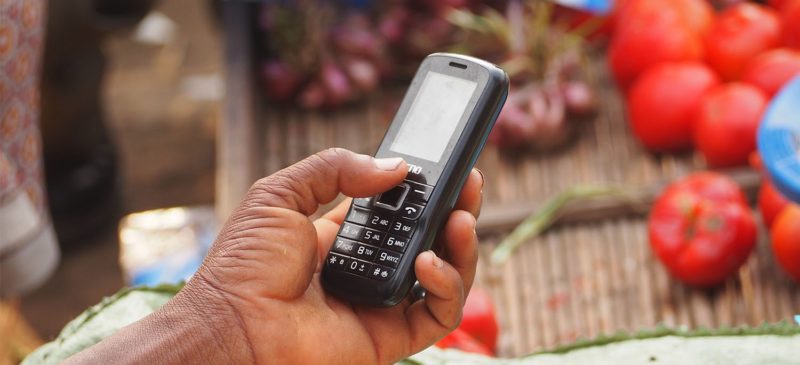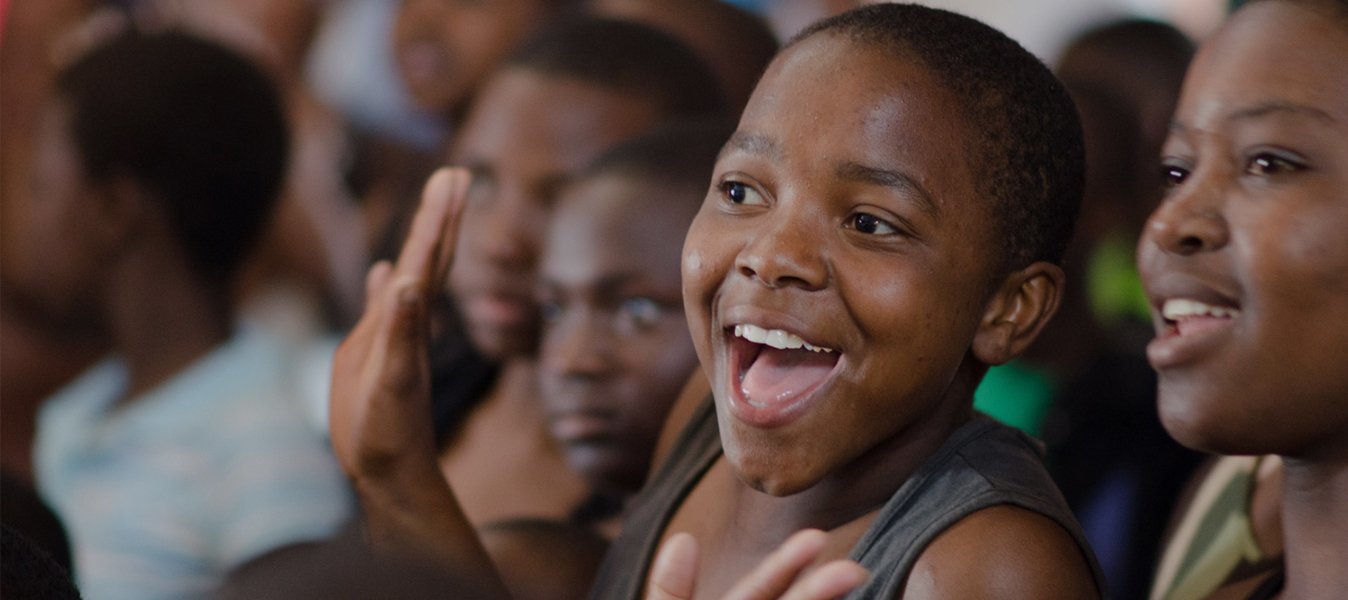
Photo by Smart Money International
Uganda, like other East African nations, has made impressive advancements in mobile phone usage and penetration in recent years through the widespread distribution of cellular signals. During the past 10 years, mobile phone access in Uganda grew by 50%. Today, nearly 25 million Ugandans own or have access to mobile phones.
The African Youth Empowerment and Development Initiative (AYEDI), implemented by the Bantwana Initiative of World Education, Inc. (WEI/Bantwana) with the Government of Uganda, local partners, and communities is a four-year project funded by the U.S. Department of Labor, which aimed to reduce hazardous labor and increase decent work opportunities, primarily in agribusiness, among 4,277 out-of-school adolescent youth living in rural areas in four districts of northern and east-central Uganda.
In consideration of the widespread penetration and availability of mobile technology in Uganda, WEI/Bantwana commissioned a small action research study with FIT Uganda Ltd. under AYEDI to explore how mobile-enabled services might improve productivity in agribusiness for AYEDI youth.
A total of 144 youth and 234 caregivers were enrolled to participate in the study and were signed up to receive agribusiness-related information (weather and pricing information, financial tips, etc.) to their mobile phones three times per week over a period of five months. Participants were also organized into complementary Business Support Groups, which met on a bi-weekly basis for two hours and were led by trained facilitators using smartphones pre-loaded with an application that included an agenda and guided questions for each meeting.

